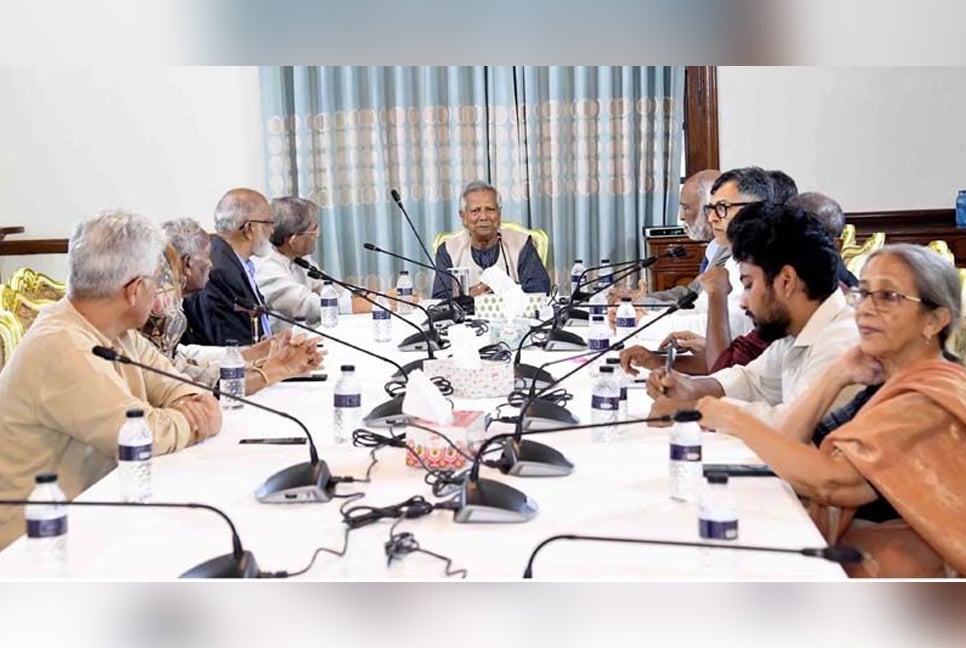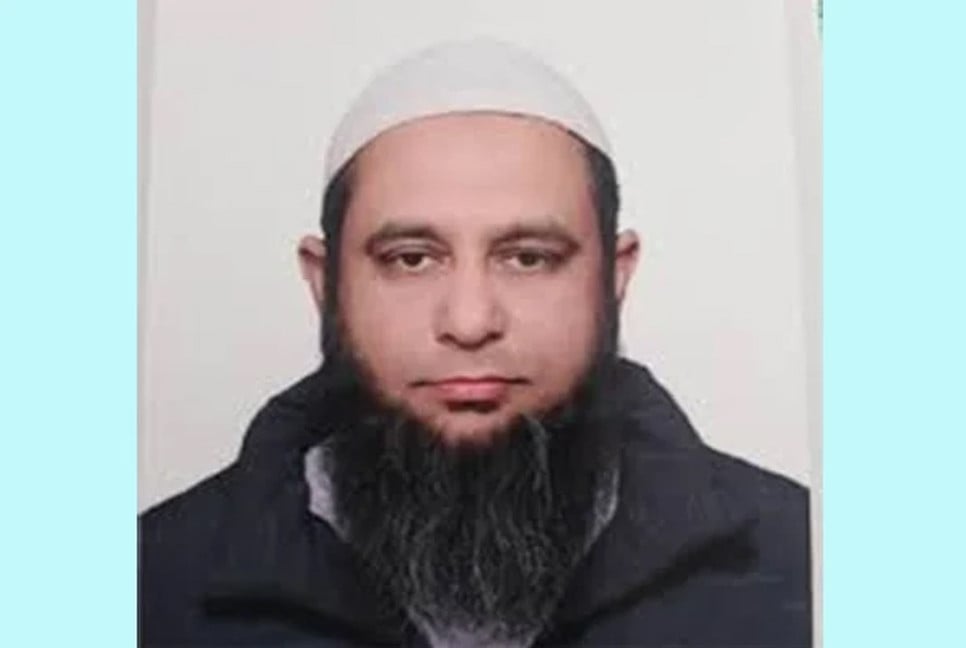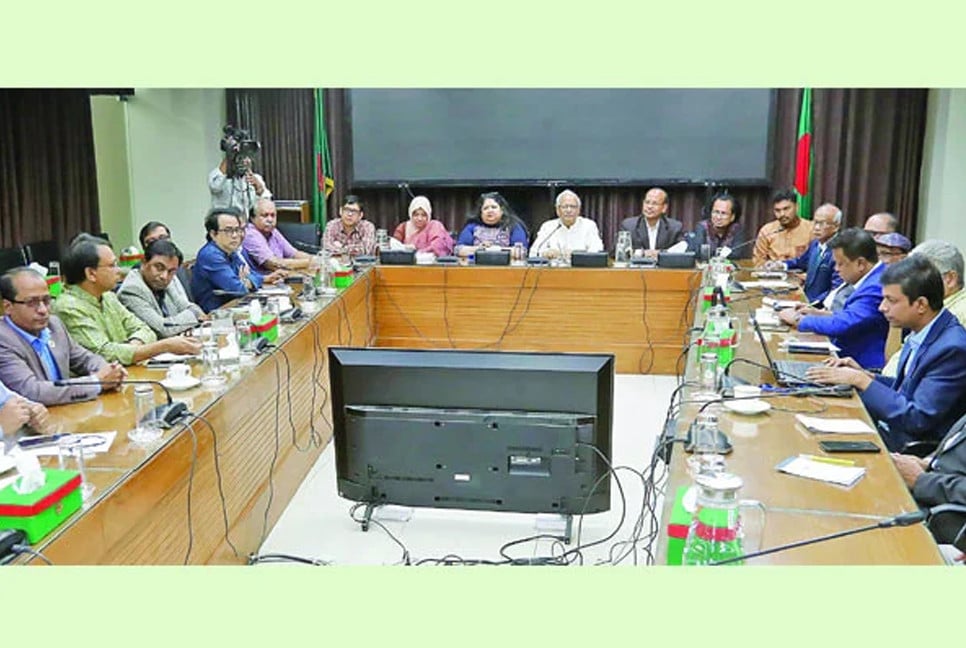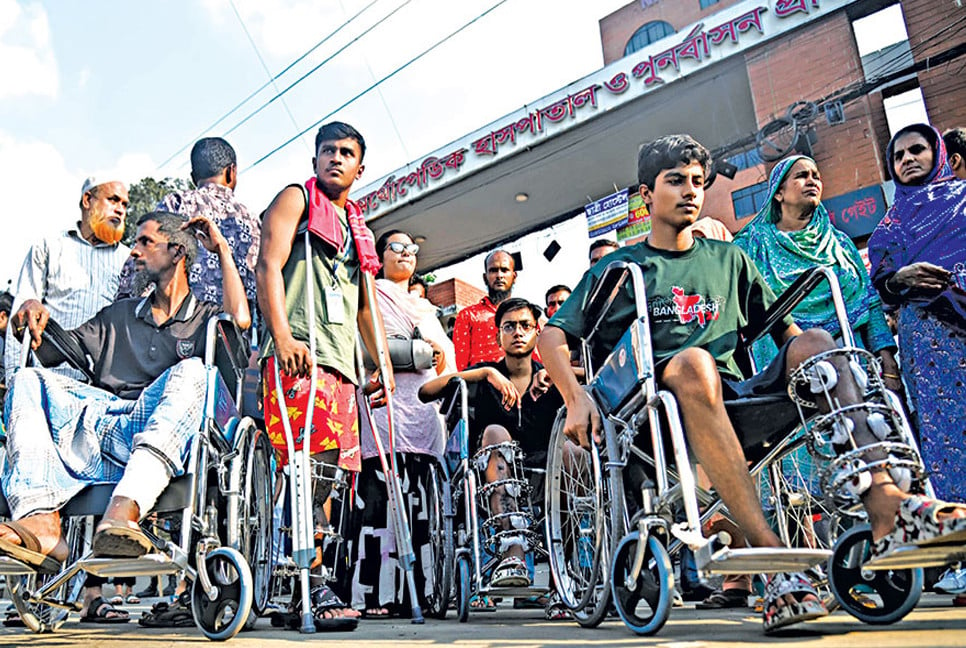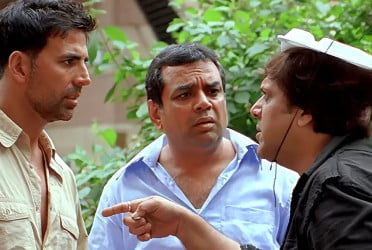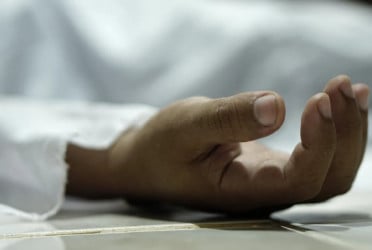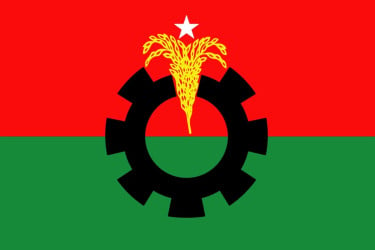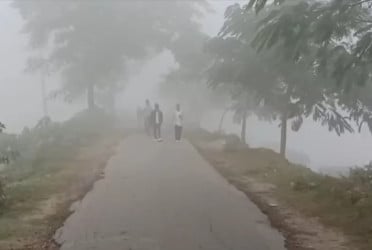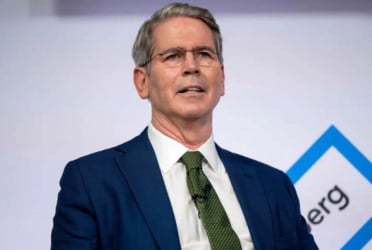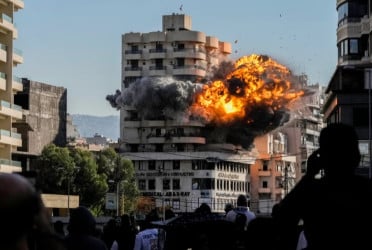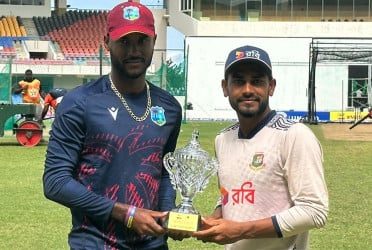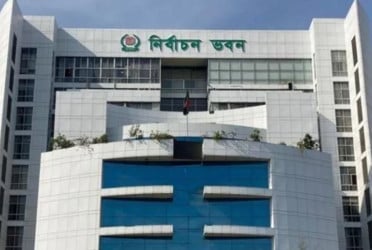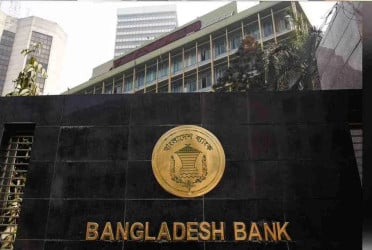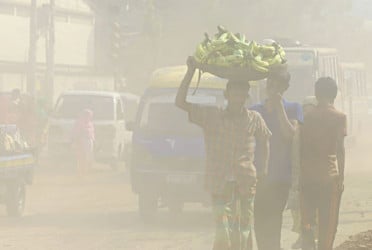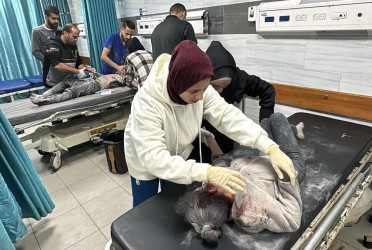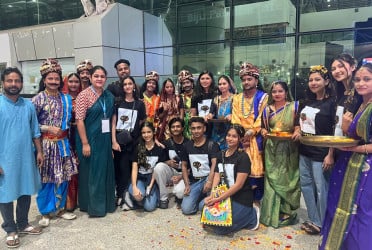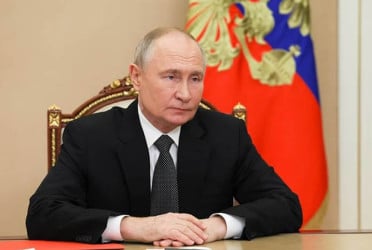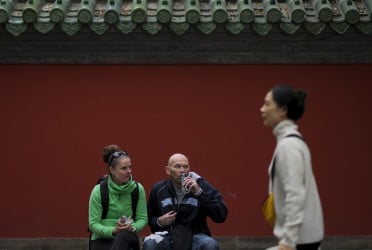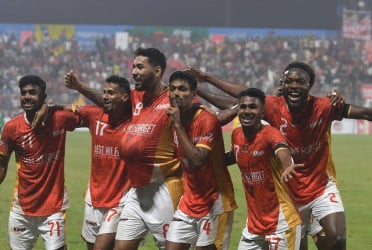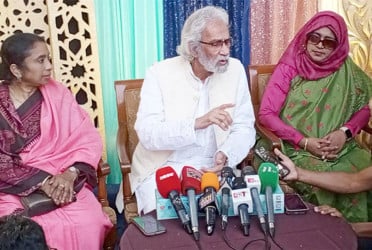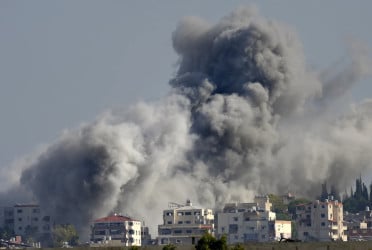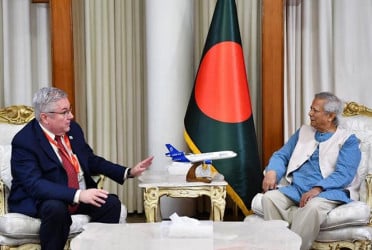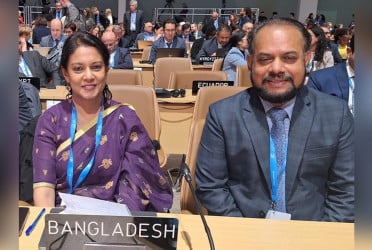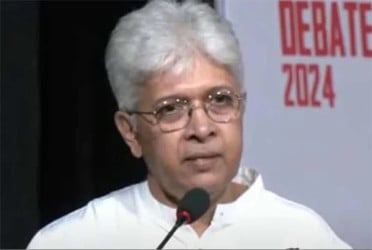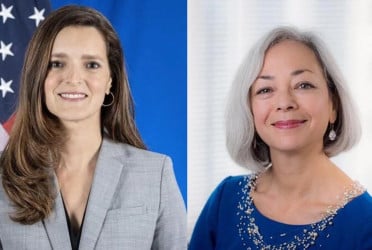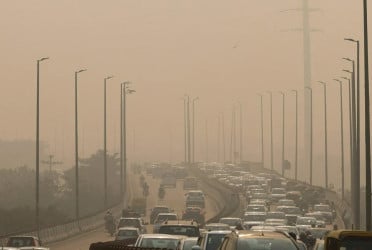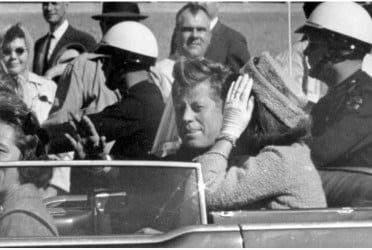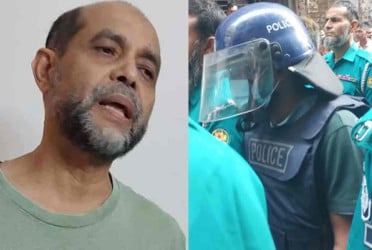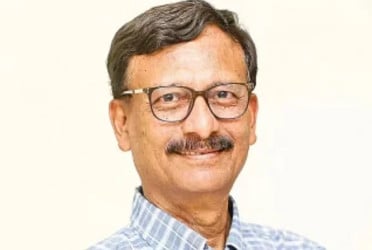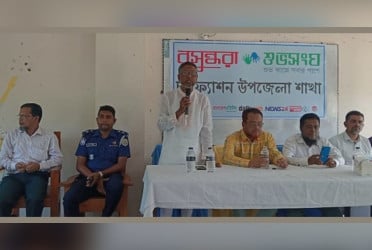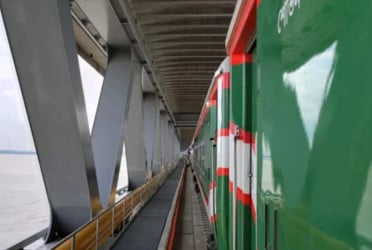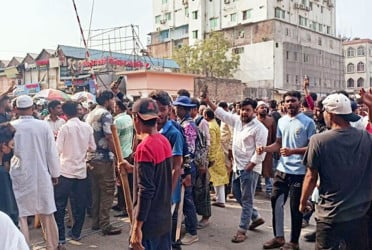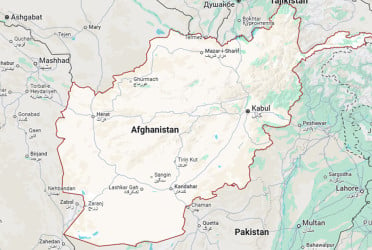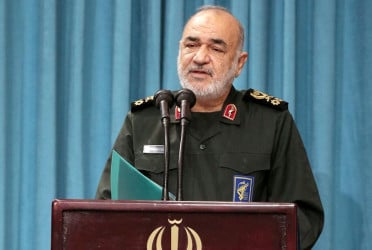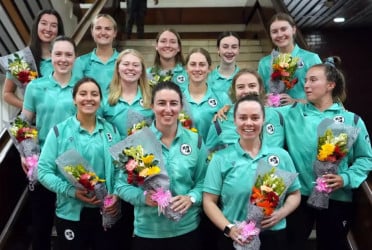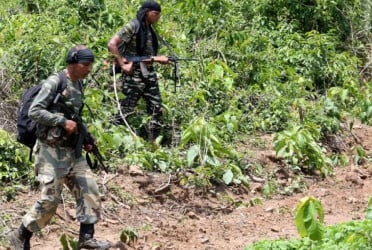Political landscape of the country is undergoing a significant transformation as the BNP, along with a coalition of like-minded parties, calls for comprehensive reforms before the country proceeds with its next general election. These groups, which have expressed growing concern about the integrity of the electoral process, are demanding structural changes to key state institutions, especially the Election Commission, to ensure that future elections are genuinely free and fair. This movement reflects a broader demand for restoring public confidence in Bangladesh’s democratic processes following years of alleged abuses under the previous government.
Their demands were conveyed in a crucial meeting on Monday afternoon at the State Guest House Jamuna. BNP Secretary General Mirza Fakhrul Islam Alamgir led the party’s delegation, which included senior figures from the party’s standing committee, such as Khandkar Mosharraf Hossain, Barrister Zamir Uddin Sarkar, and Mirza Abbas. They met with the interim government's Chief Adviser, Professor Muhammad Yunus, to discuss the future of the nation’s political structure and the necessary steps to establish a credible electoral environment.
Fakhrul made it clear that the immediate focus is not on holding elections but on creating the appropriate conditions for them. He stressed that this requires time and a comprehensive overhaul of the administrative machinery that governs elections. “We are giving the interim government the time they need to carry out these essential reforms,” Fakhrul stated after the meeting. He highlighted that the BNP did not bring up the issue of election timing during the discussions, as the party is more concerned about ensuring that when elections do take place, they are free from the influence of the previous regime.
The interim government, formed after the fall of the Sheikh Hasina-led Awami League government, has been tasked with stabilizing the nation and preparing for an eventual transition to a democratically elected government. The BNP and its allies argue that without addressing the underlying issues that have plagued previous elections, including allegations of voter suppression and manipulation, holding elections now would only perpetuate the cycle of flawed governance.
Fakhrul emphasized that the BNP is focused on addressing the deep-seated issues left behind by the previous government, including the proliferation of false legal cases and the systemic abuse of power that has undermined public trust in the political process. He mentioned that the opposition’s support for the interim government is conditional on its commitment to these reforms. “The people of Bangladesh deserve a government that truly represents their will, free from the corruption and authoritarian practices that have become all too common in our recent history,” Fakhrul said.
In addition to the BNP, several other political groups have voiced their support for the interim government and its reform agenda. These include Bangladesh Jamaat-e-Islami, Ganatantra Manch, Gono Odhikar Porishod (in two separate factions), the AB Party, and the Bangladesh Jatiya Party (BJP). During their meetings with Chief Adviser Yunus, these parties expressed their willingness to cooperate with the government’s efforts to create a more transparent and accountable political system.
However, the parties also presented specific demands. Among the most controversial is the call to cancel certain national holidays associated with the previous regime, particularly the holiday on August 15, which commemorates the assassination of Sheikh Mujibur Rahman.
Reza Kibria of the Gono Odhikar Porishod and Nurul Haque Nur of its other faction have both insisted on the importance of removing remnants of the Awami League’s influence from the country’s political and administrative systems. They have called for the nullification of decisions made under the previous government and even suggested that the Awami League should be banned from participating in future elections due to its alleged involvement in human rights violations.
Jamaat meeting: Jamaat-e-Islami Amir Dr. Shafiqur Rahman said that he has full confidence in the interim government. Shafiqur Rahman said that conspiracy is coming from different places. Even if one wants to do something like that, one cannot do anything under the overwhelming pressure of the people. He said this in response to questions from reporters after a meeting with the Chief Adviser at the State Guest House Jamuna.
Amir of Jamaat said about the banning of the party, we don't think that we will be banned if someone bans it. The Awami League government has done many wrongs of late, for which the people may have to pay. The people of the country understand the intention of suddenly banning to divert the movement. No one accepted it. Jamaat-e-Islami is cooperating in important places of the state because of not accepting it and the state is also requesting our cooperation. We consider this to be the greatest validation.
In the meantime, Mahmudur Rahman Manna, president of Nagorik Oikko and coordinator of Ganatantra Manch, urged caution in how the interim government approaches these sensitive issues. He warned that actions such as canceling national holidays or banning political parties could inflame public sentiment and potentially destabilize the country further. “August 15 is a significant date in our history, and while the context has changed, we must be careful not to provoke unnecessary division,” Manna said.
AB Party member secretary Mojibur Rahman Manju said that a revolution has taken place in the state. Since the dictatorial fascist government destroyed the country; That is why the state has rejected everything they have. He also demanded the formation of a judicial inquiry commission to verify the truth of the allegations of attacks on minority communities.
Similarly, Jonaid Saki, chief coordinator of Gonosonghoti Andolon, emphasized the need for the interim government to focus on maintaining law and order. He pointed out that the current instability has left many vulnerable, particularly religious minorities, who could be targeted in any escalation of communal tensions. “The government’s primary responsibility is to ensure the safety and security of all citizens, regardless of their background,” Saki noted, adding that the administration should act swiftly to restore confidence in the state’s ability to protect its people.
NDM chief Bobby Hajjaz said that the chief adviser has promised them that they will never bring a dictatorial government to power.
(The report was published on print and online versions of The Bangladesh Pratidin on August 13 and rewritten in English by Tanvir Raihan)

